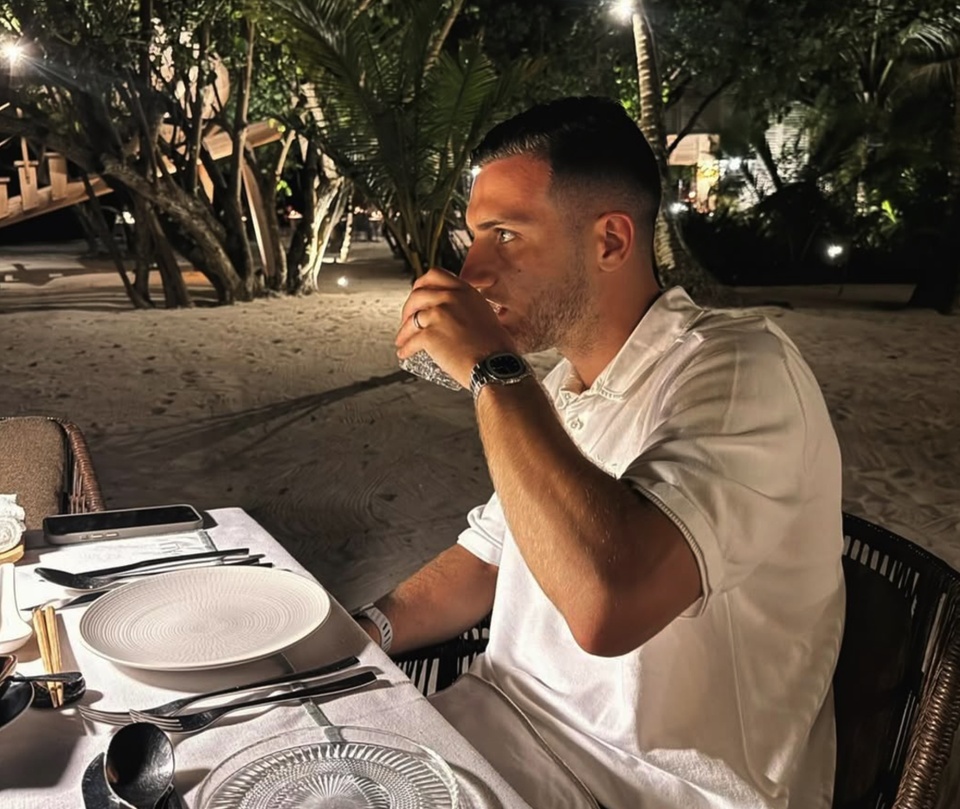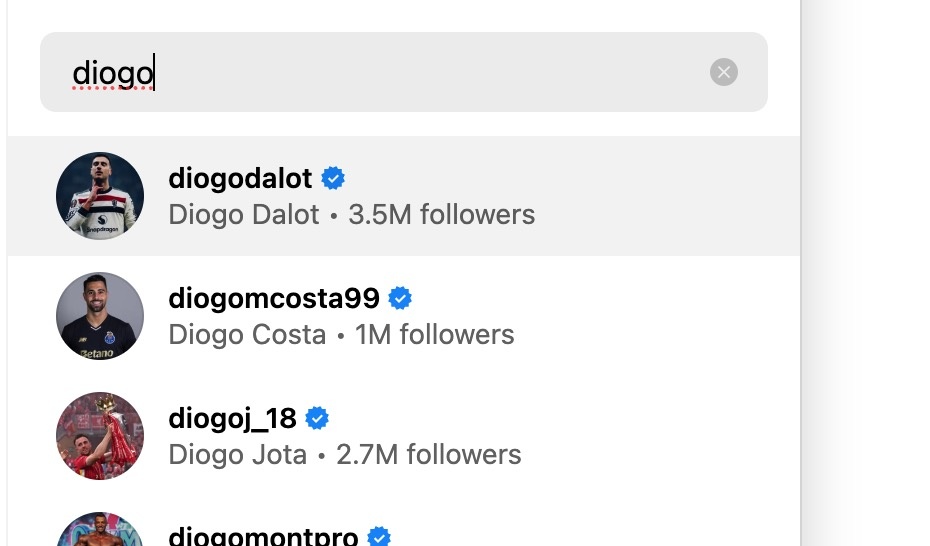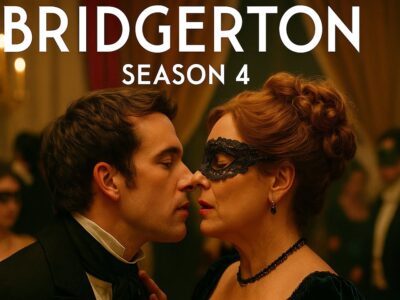The football world has been struck by an unimaginable tragedy, one that has left fans, players, and communities grappling with grief. The sudden and heartbreaking loss of Liverpool’s star forward Diogo Jota, who passed away at the age of 28, has sent shockwaves through the sport. Among those deeply affected is Manchester United’s Diogo Dalot, a fellow Portuguese footballer whose connection to Jota has drawn significant attention. As condolences pour in for Dalot, the story of their shared journey and the football community’s response reveals a profound sense of unity in the face of sorrow.
A Tragic Loss That Shook the World
Diogo Jota, a beloved figure known for his electrifying performances on the pitch, met a tragic end in a car accident in northwestern Spain. The incident, which occurred in the early hours of a Thursday morning, also claimed the life of his brother, André Silva. Jota, who had recently celebrated his marriage to his longtime partner, was driving a high-performance vehicle when it veered off the road and caught fire. The news of his passing, coming just weeks after his wedding, added an extra layer of heartbreak to an already devastating event.
Jota’s contributions to football were immense. At Liverpool, he was a key figure in their recent Premier League triumph, showcasing his versatility and goal-scoring prowess. His 65 goals in 182 appearances for the club cemented his status as a fan favorite. Internationally, Jota was a proud representative of Portugal, earning nearly 50 caps and contributing to two UEFA Nations League titles. Beyond his athletic achievements, he was known for his infectious joy and genuine connection with teammates and fans alike.
The tragedy resonated far beyond the football pitch. Fans gathered outside Liverpool’s Anfield stadium, leaving flowers, scarves, and messages of love. Tributes poured in from clubs across Europe, from Manchester City to FC Porto, reflecting Jota’s widespread impact. The Portuguese Football Federation described the loss as a blow to the entire nation, emphasizing Jota’s role as a community figure. This outpouring of grief set the stage for the unexpected focus on Diogo Dalot, whose own response to the tragedy captured the hearts of many.
Diogo Dalot’s Connection to Jota
Diogo Dalot, the Manchester United defender, found himself at the center of this emotional storm. As a fellow Portuguese international, Dalot shared a unique bond with Jota, forged through their time together on the national team. The two players, both hailing from Portugal’s vibrant football culture, represented their country in numerous matches, including high-stakes tournaments. Their shared experiences on the international stage created a camaraderie that transcended club rivalries.
Dalot, known for his versatility and work ethic at Manchester United, was visibly shaken by Jota’s passing. His public expression of grief, shared through social media, struck a chord with fans. In his message, Dalot conveyed a sense of disbelief and sorrow, reflecting on the personal loss of a friend and colleague. The football community quickly rallied around him, offering condolences not only for Jota’s family but also for Dalot, recognizing the weight of his grief.

This response was particularly poignant given the rivalry between Manchester United and Liverpool, two of England’s most storied clubs. In a sport often defined by fierce competition, the tragedy brought out a rare moment of unity. Fans and players alike set aside club allegiances to honor Jota’s memory and support those, like Dalot, who were personally affected. The condolences directed at Dalot underscored the human side of football, where bonds between players often run deeper than the colors they wear.
The Football Community’s Response
The loss of Diogo Jota prompted an unprecedented wave of tributes from across the football world. Clubs in the Premier League, including Manchester City, Tottenham, and Newcastle, issued statements expressing their devastation. Players who had faced Jota on the pitch or shared a dressing room with him shared personal anecdotes, highlighting his warmth and professionalism. Former teammates from his time at Wolverhampton Wanderers recalled his standout performances, while those who knew him at Liverpool spoke of his leadership and spirit.
In Portugal, the reaction was equally profound. The nation mourned one of its brightest stars, with moments of silence planned at upcoming matches. Jota’s hometown clubs, where he and his brother André had played, announced tributes to honor their legacies. The Portuguese government, too, acknowledged the tragedy, with officials describing Jota as a figure who brought pride to the country.

The global reach of Jota’s influence was evident in tributes from beyond football. Public figures, including politicians and celebrities, expressed their sorrow, emphasizing the universal impact of the tragedy. Even in the United States, where Jota’s fame extended through Liverpool’s global fanbase, condolences came from unexpected quarters, including basketball icon LeBron James, a part-owner of the club.
For Dalot, the support he received was a testament to the football community’s empathy. Fans on social media platforms flooded his posts with messages of strength, recognizing the personal toll of losing a compatriot and friend. This outpouring of support highlighted the unique role that athletes play in uniting people, even in the darkest moments.
The Broader Implications
The tragedy has sparked broader conversations about the fragility of life and the pressures faced by professional athletes. Jota’s death, occurring so soon after a joyous milestone, served as a stark reminder of life’s unpredictability. For young players like Dalot, who are often seen as invincible on the pitch, the loss of a peer can be a sobering moment. The football world has begun to reflect on how to support players through such crises, both emotionally and psychologically.
Clubs have also faced scrutiny over how they handle player safety and travel. Jota’s accident, reportedly caused by a tire blowout, raised questions about the risks of long-distance road trips, especially for athletes recovering from surgery, as Jota was. While no official reports have confirmed the exact circumstances, the incident has prompted discussions about safer travel protocols for players during off-season periods.
Moreover, the tragedy has highlighted the importance of mental health support in sports. The visible grief of players like Dalot underscores the need for resources to help athletes cope with loss. Football’s governing bodies, including UEFA, have emphasized their commitment to supporting players and families affected by such events, though tangible actions remain to be seen.
A Lasting Legacy
As the football world mourns Diogo Jota, his legacy endures through the memories he created and the lives he touched. For Liverpool, he was a champion who delivered unforgettable moments, from derby-winning goals to lifting trophies. For Portugal, he was a symbol of national pride, carrying the hopes of a football-mad country. And for those who knew him personally, like Diogo Dalot, he was a friend whose absence leaves a void that cannot be filled.
Dalot’s role in this story is a reminder of the human connections that define football. His grief, shared publicly, has resonated with fans who see in him not just a player but a person navigating an unimaginable loss. The condolences he has received reflect a collective desire to support one of their own, even as they mourn a fallen star.
In the days and weeks ahead, tributes to Jota will continue to pour in. Matches across Europe will honor him with moments of silence, and fans will celebrate his contributions with chants and banners. For Dalot, the journey forward will be one of healing, supported by a community that has shown its capacity for compassion. The story of Jota and Dalot is a testament to the power of sport to unite, to grieve, and to remember—together.


